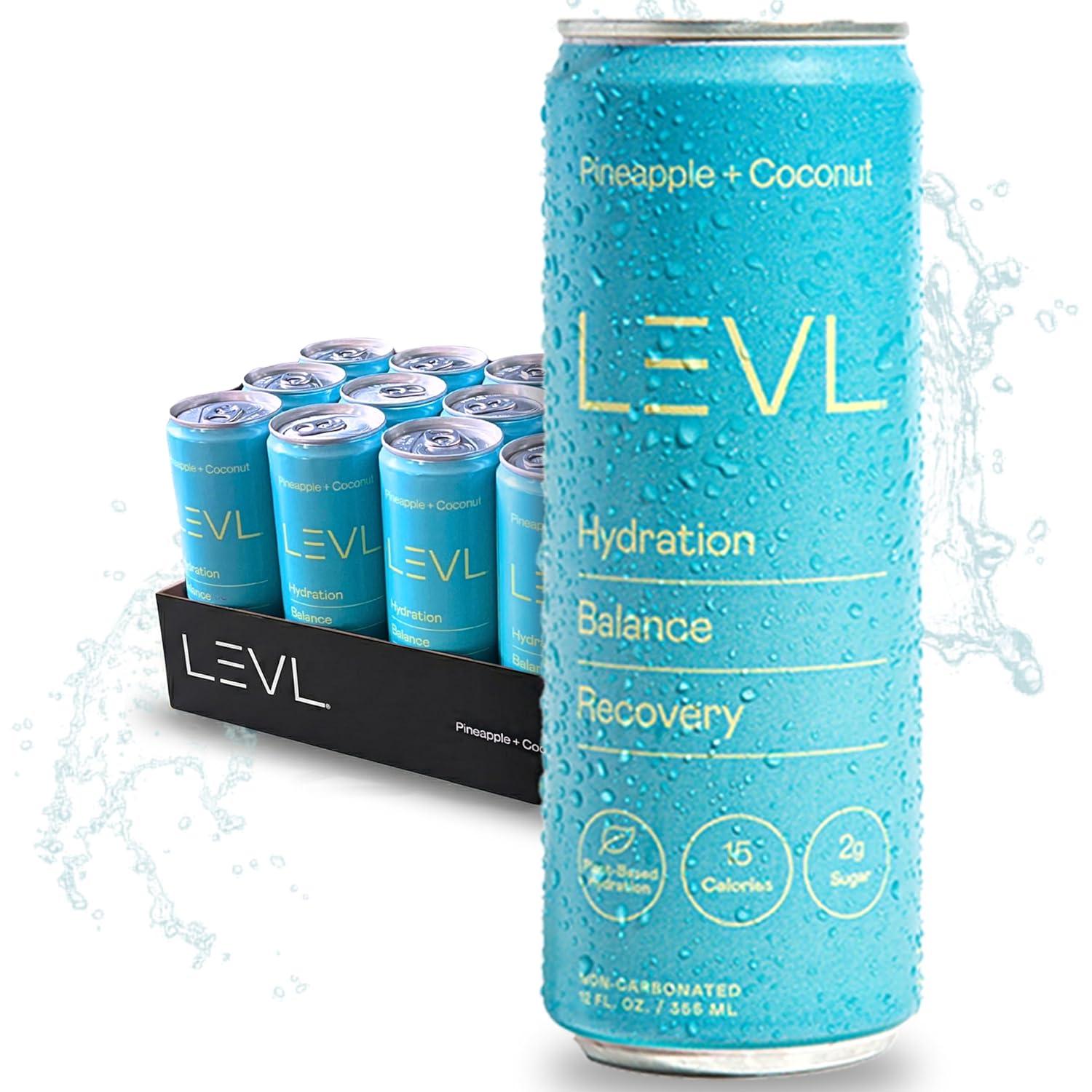In our fast-paced world, stress has become a natural part of daily life for many. Whether it’s due to work pressures, family responsibilities, or societal expectations, finding a way to manage stress effectively is essential for overall well-being. One powerful tool that has gained significant attention in recent years is meditation. This article explores how practicing mindfulness and meditation can naturally alleviate stress, enhancing our mental and emotional health.
Understanding Stress
Stress is the body’s response to any demand placed on it. It can be triggered by a variety of factors—both external and internal—and if left unchecked, can lead to significant health issues. Physical symptoms of stress often include headaches, fatigue, and muscle tension, while emotional symptoms can manifest as anxiety, irritability, or depression.
Recognizing the signs of stress and understanding its impact on our lives is the first step in managing it effectively. This is where mindfulness and meditation come into play.
What is Meditation?
Meditation is an ancient practice that involves focusing the mind to achieve a state of calm and clarity. While there are many different styles and techniques, the core idea remains the same: to cultivate a heightened sense of awareness and a deeper connection to the present moment. This practice can take various forms, including:
- Mindfulness Meditation: Observing thoughts and sensations without judgment.
- Guided Meditation: Following verbal instructions often accompanied by ambient sounds or music.
- Transcendental Meditation: Using a mantra to focus the mind and transcend ordinary thought.
- Loving-Kindness Meditation: Cultivating love and compassion towards oneself and others.
The Benefits of Meditation for Stress Relief
Research has shown that meditation offers numerous benefits for stress relief:
1. Reduced Anxiety
Studies indicate that regular meditation practice can significantly reduce symptoms of anxiety. By learning to observe thoughts without attachment, individuals can manage their anxious feelings more effectively.
2. Lower Blood Pressure
Meditation has been linked to lower blood pressure levels. Relaxation responses during meditation can help to calm the mind and promote physical health.
3. Enhanced Emotional Well-being
Regular meditation can increase feelings of happiness and emotional resilience, allowing individuals to face stressors with greater ease.
4. Improved Focus and Concentration
Practicing mindfulness can enhance cognitive functions, improving focus and clarity, making it easier to navigate through stressful situations.
5. Better Sleep Quality
Many people struggle with sleep due to stress. Integrating meditation into your nighttime routine can help quiet the mind and promote restful sleep.
Getting Started with Meditation
If you’re new to meditation, here are some simple steps to begin your mindful journey:
1. Find a Quiet Space
Choose a peaceful environment where you can sit or lie down comfortably without interruptions.
2. Set a Timer
Start with just 5-10 minutes and gradually increase the duration as you become more comfortable with the practice.
3. Focus on Your Breath
Close your eyes and take deep, slow breaths. Focus on the sensation of your breath entering and leaving your body.
4. Notice Your Thoughts
Whenever your mind wanders, gently redirect your attention back to your breath without judgment.
5. Be Consistent
Try to meditate daily or several times a week to establish a routine and reap the benefits over time.
Integrating Mindfulness into Everyday Life
Meditation isn’t just a practice constrained to specific moments. Mindfulness can be incorporated into various aspects of your daily routine. Here are some tips:
1. Mindful Walking
Consciously engage in walking, focusing on the sensations in your feet and legs, the rhythm of your breath, and your surroundings.
2. Mindful Eating
Pay attention to the colors, textures, and flavors of your food. Chew slowly and savor each bite.
3. Mindful Communication
Engage fully in conversations, listening attentively without formulating a response while the other person is speaking.
The Role of Technology in Meditation
In today’s digital age, technology offers various tools to assist with meditation. There are numerous apps available that provide guided meditations, mindfulness reminders, and tracking features. Some popular apps include:
- Headspace: Offers a range of guided meditations for stress, focus, sleep, and more.
- Calm: Features meditation exercises, sleep stories, and breathing techniques.
- Insight Timer: A free app with thousands of meditations and courses from various teachers.
Conclusion
Meditation is a powerful and accessible tool for anyone looking to alleviate stress naturally. By embracing mindful moments in your life, you can cultivate a greater sense of awareness, emotional well-being, and resilience. Whether through structured meditation practices or integrating mindfulness into daily routines, the benefits are profound and far-reaching. Start your journey to a calmer, more centered life today—your mind and body will thank you!
FAQs
1. How long should I meditate for beginners?
Starting with just 5-10 minutes a day is sufficient. Gradually increase the duration as you become more comfortable.
2. Can I meditate while lying down?
Yes, especially if sitting is uncomfortable. However, be mindful of falling asleep.
3. Do I need to empty my mind to meditate?
No, it’s natural for thoughts to arise. The key is to acknowledge them without judgment and return your focus to your breath or chosen point of meditation.
4. Is meditation suitable for everyone?
Yes, meditation can benefit people of all ages and backgrounds. However, it’s best to consult with a healthcare provider if you have specific concerns.
5. How can I stay committed to my meditation practice?
Set a regular schedule, find a comfortable space, and consider using apps or joining a class for support and motivation.





